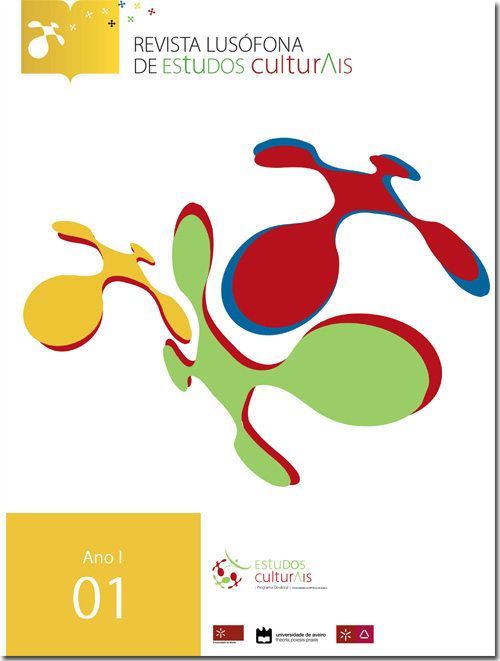EUROPE OF NATIONS OR THE NATION OF EUROPE: Origin Myths Past and Present
DOI:
https://doi.org/10.21814/rlec.5Keywords:
Europe, myths of origin, Middle Ages, ethnicity, identity mythsAbstract
This article begins by outlining long-standard myths of the re-orientation of European spaces brought about by the migration of Germanic peoples attendant upon the break-up of the Roman Empire. The subsequent accretion of identity myths around the spaces occupied has been increasingly debated. Where once myths of spatial origin prevailed in national stories, over time these moved towards being myths of national or ethnic essences, myths which still possess much traction in such places as Flanders, Catalonia or parts of former Eastern Europe. Nowadays, however, we witness calls in Europe for identity stories that transcend ethnicity, although the question remains as to how European history might be rewritten to emphasize unity over ethnic specificity. The very legitimacy of such a revisionary approach is also unclear. What can be done, for example, with Europe’s Christian heritage, when Europe is arguably now post-Christian in many ways? In any event, the myths that would set in place a European identity do not yet exist. Apart from anything else, European references are constantly widening, including at the very least a degree of Americanization and the presence of Islam. These are all things Europe will have to come to terms with before hypothetical pan-European identity myths can be said to exist, let alone exhibit validity in the lives of its citizens.Downloads
Download data is not yet available.
Downloads
Published
2013-06-16
How to Cite
Geary, P. (2013). EUROPE OF NATIONS OR THE NATION OF EUROPE: Origin Myths Past and Present. Lusophone Journal of Cultural Studies, 1(1), 21–35 | 36. https://doi.org/10.21814/rlec.5
Issue
Section
Thematic articles
License
Authors own the copyright, providing the journal with the right of first publication. The work is licensed under a Creative Commons - Atribuição 4.0 Internacional License.








